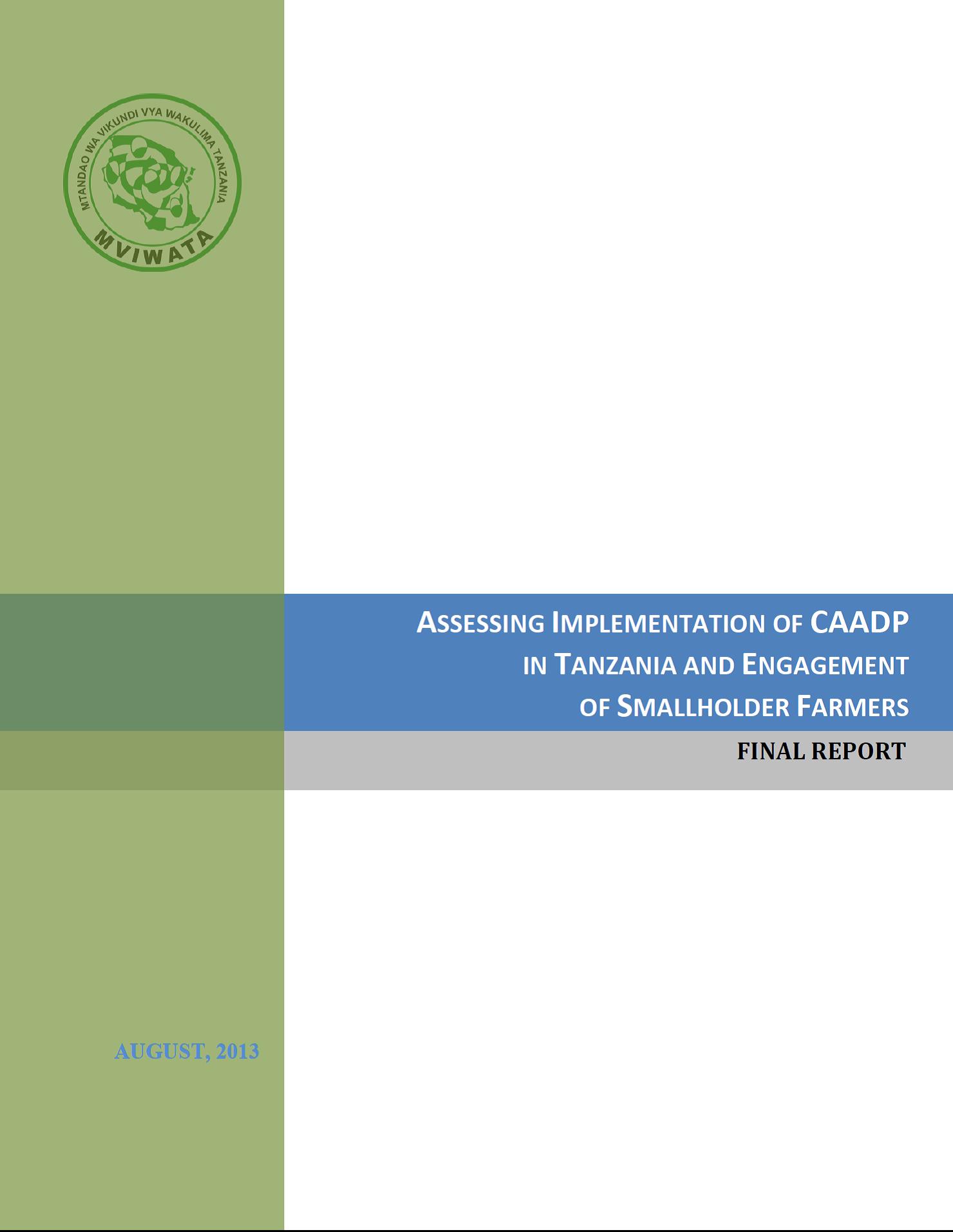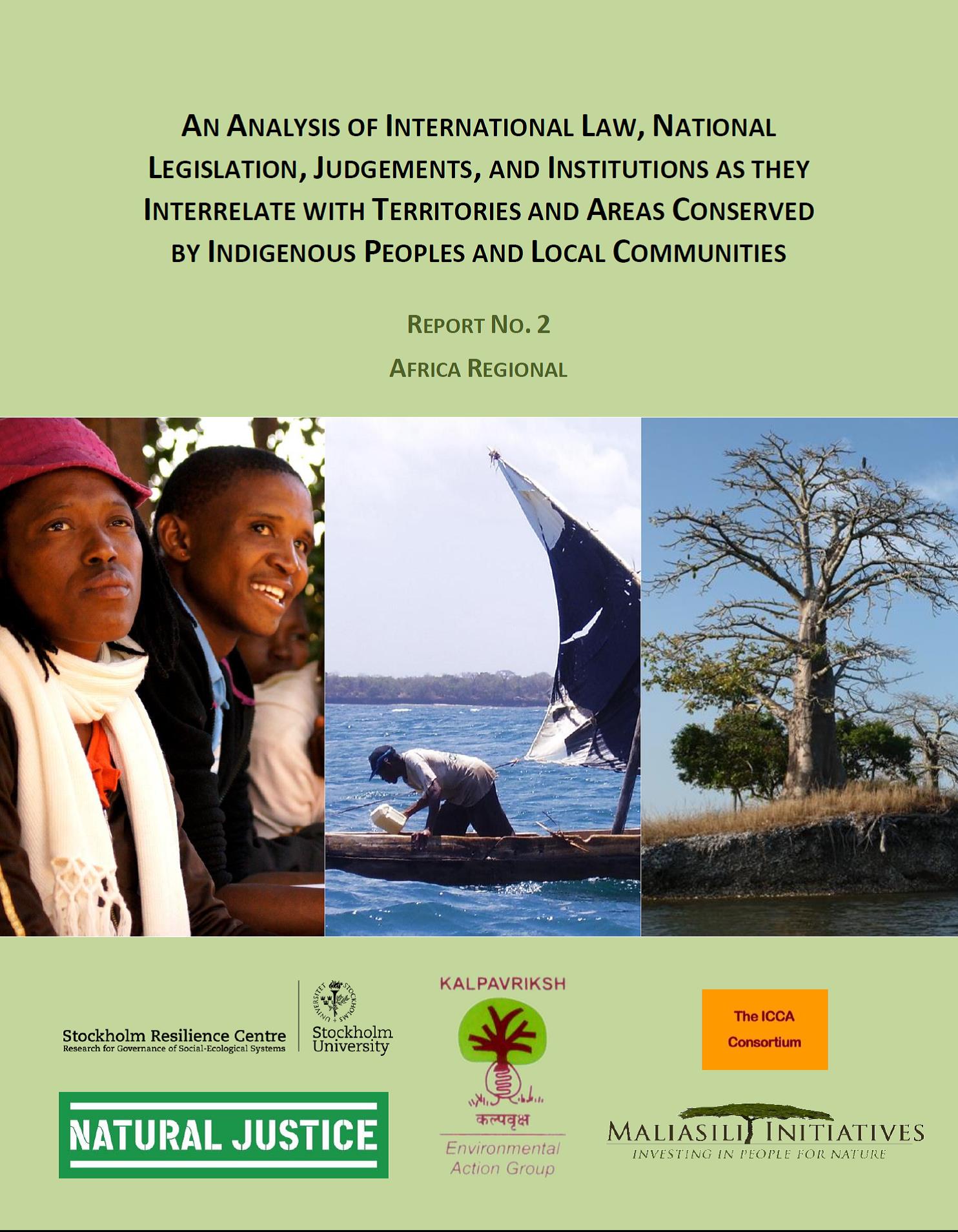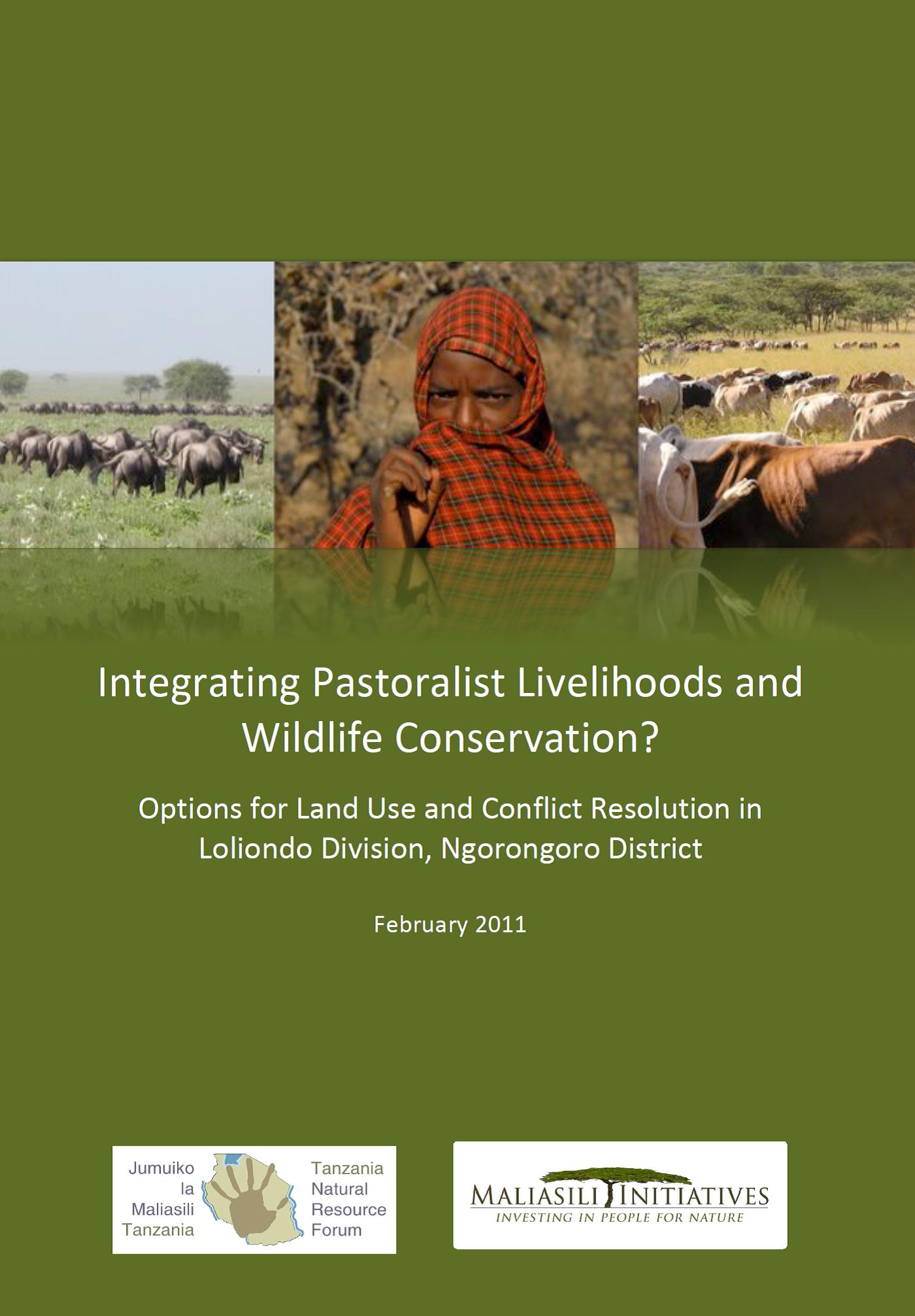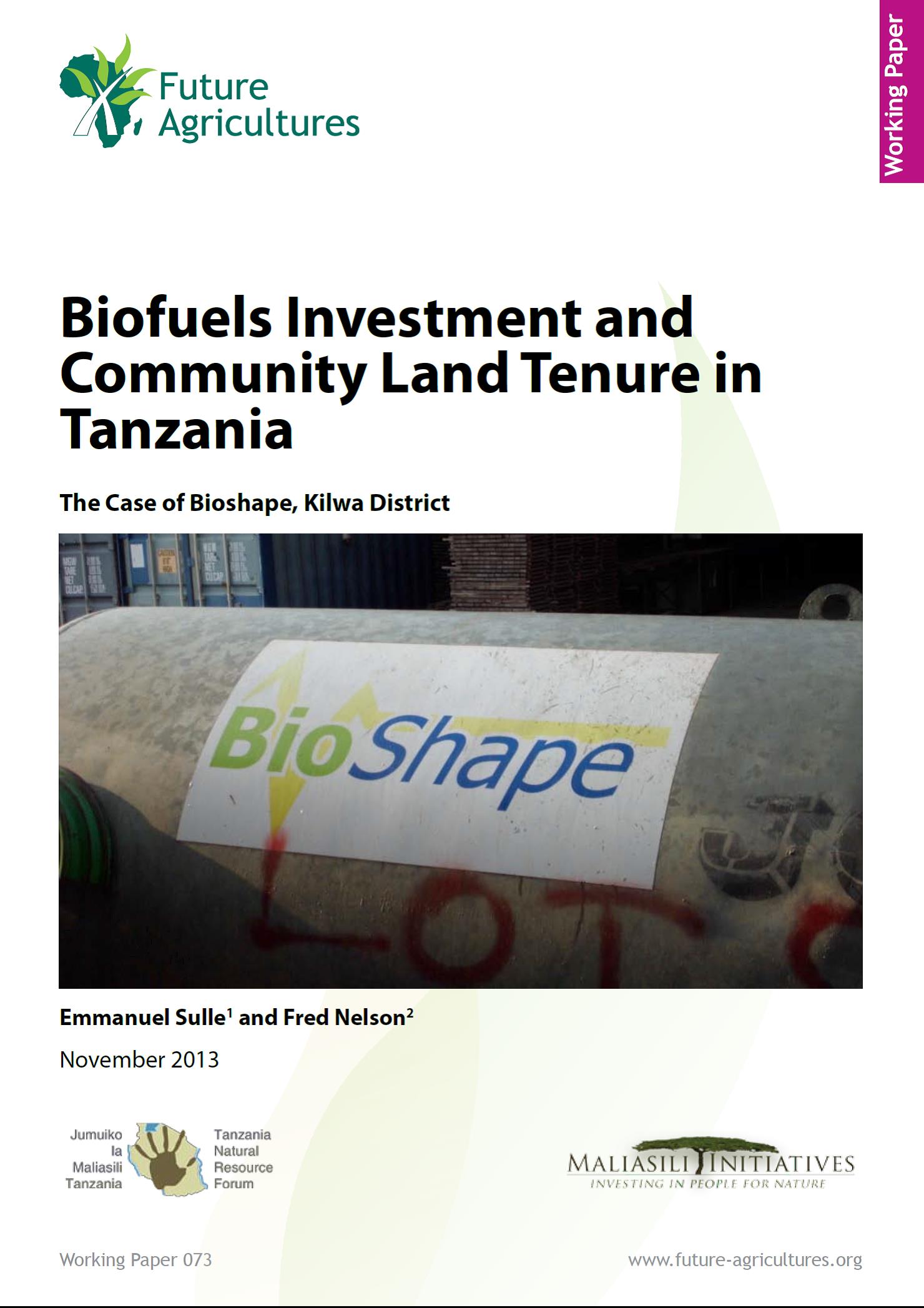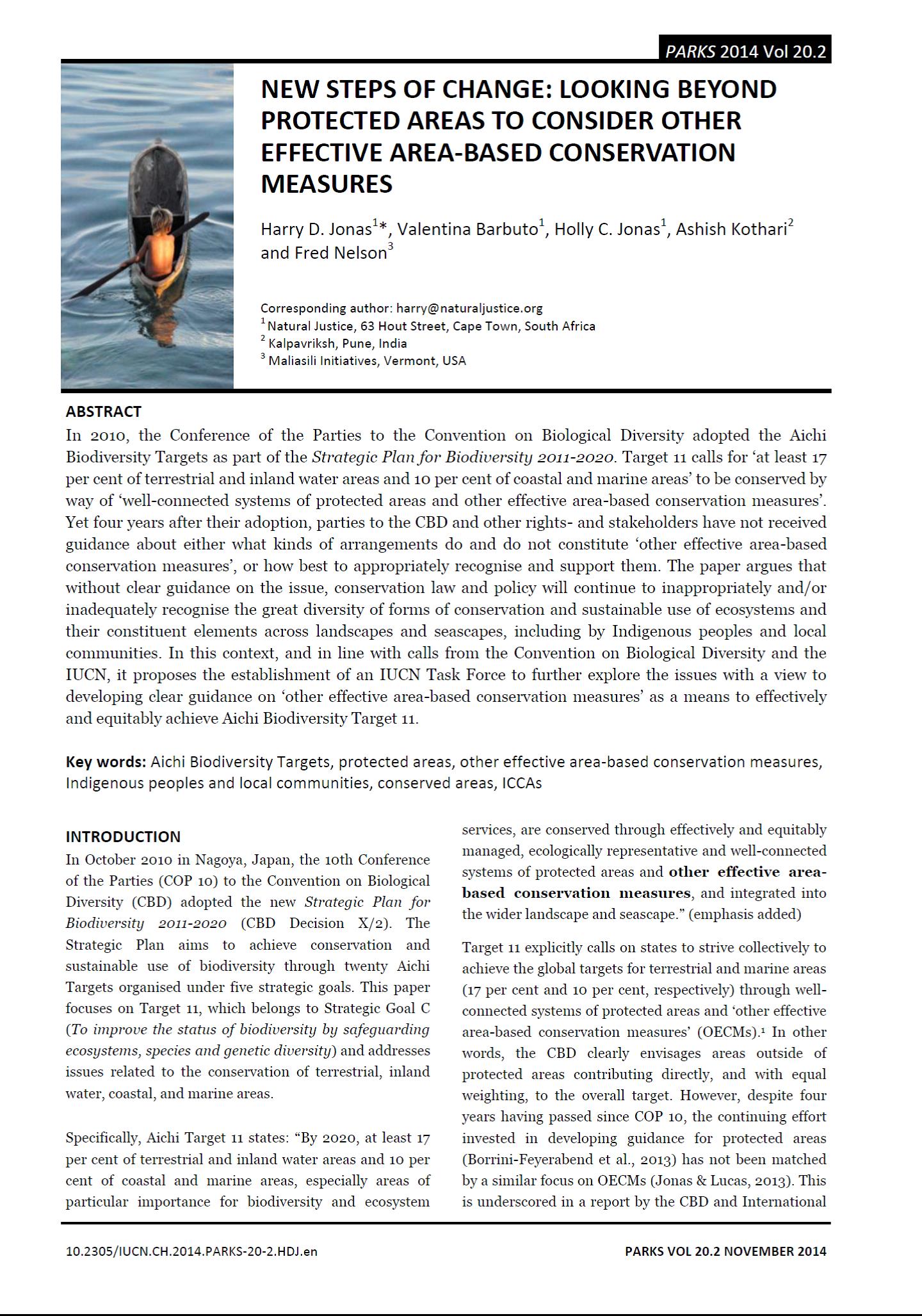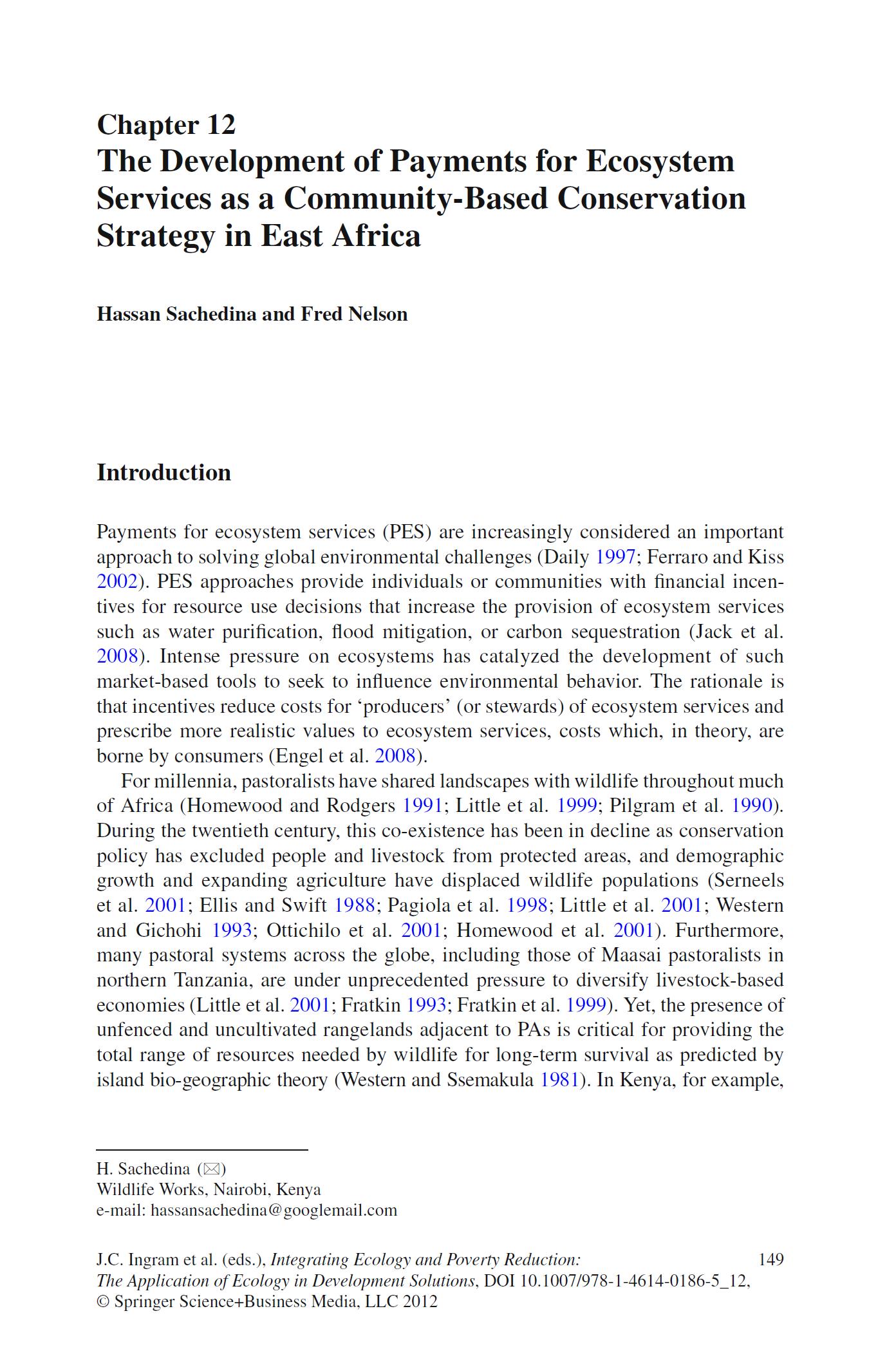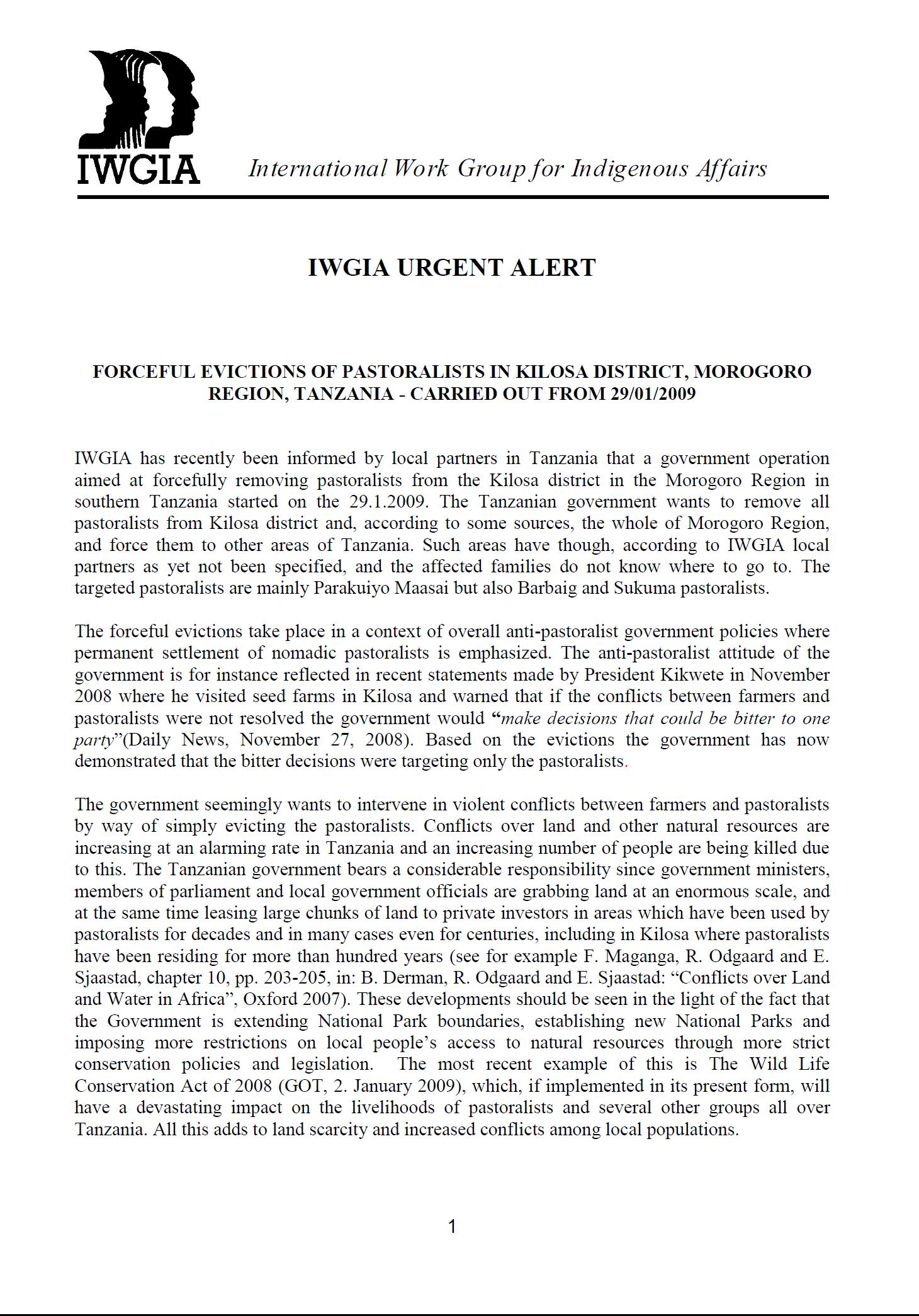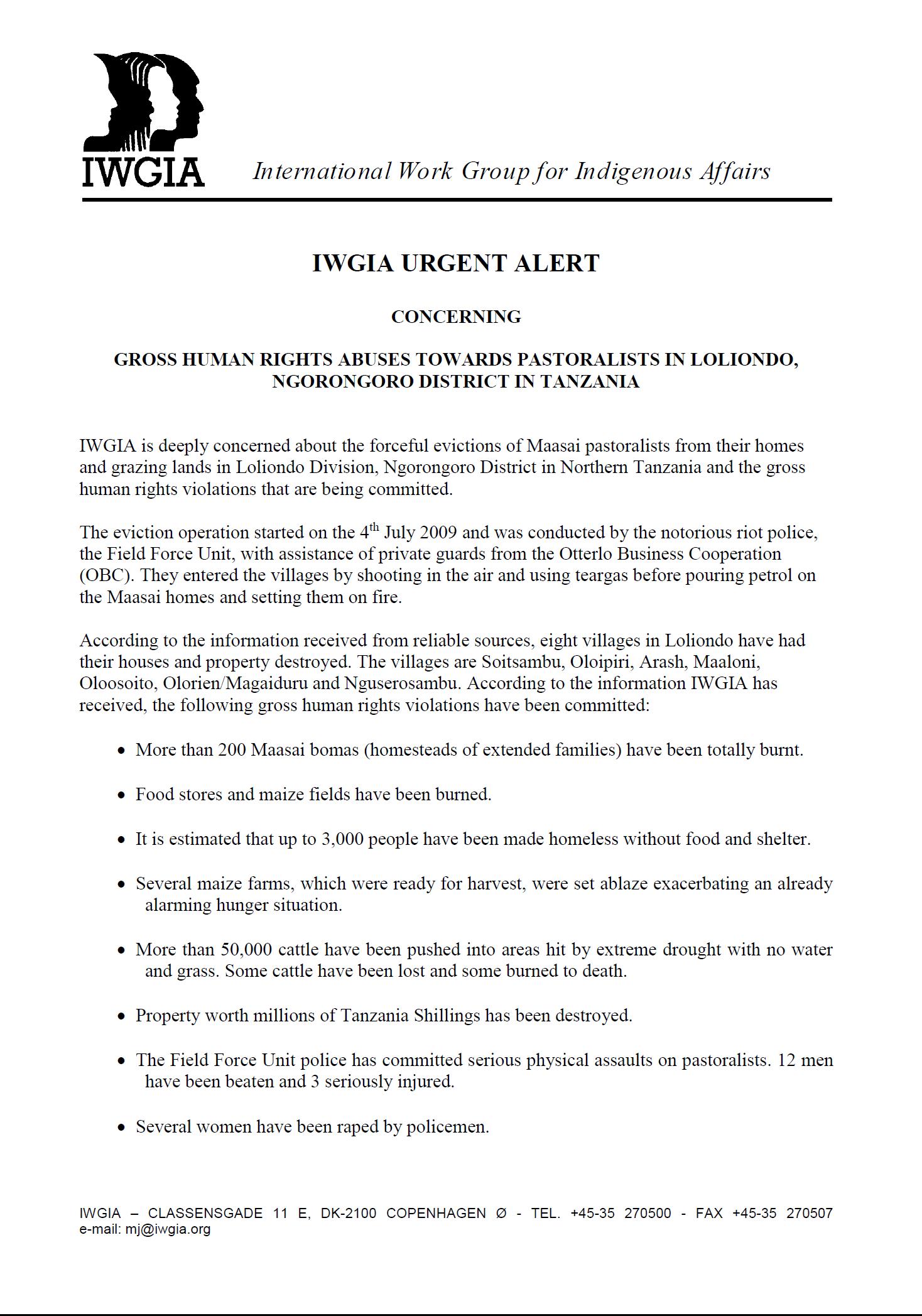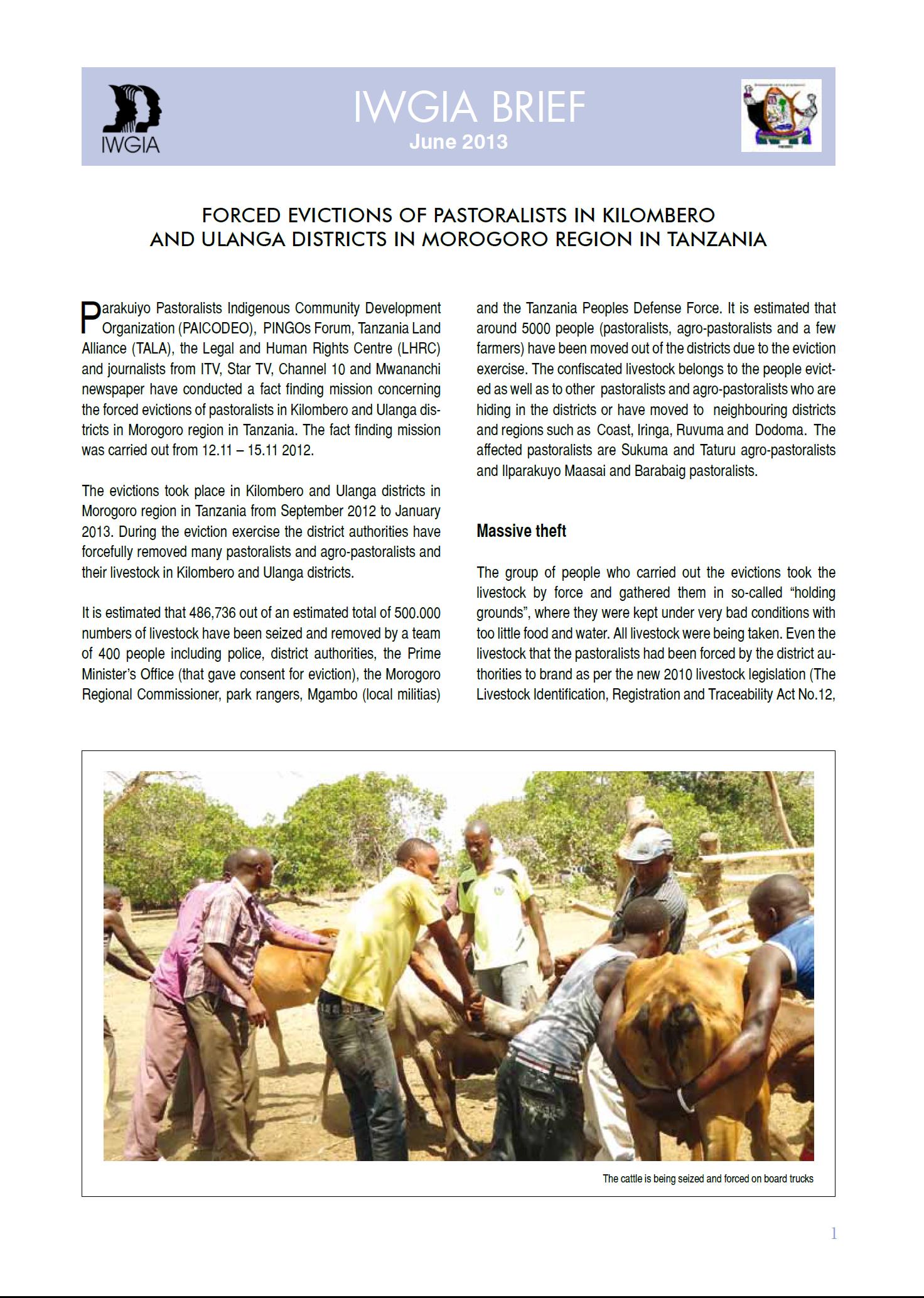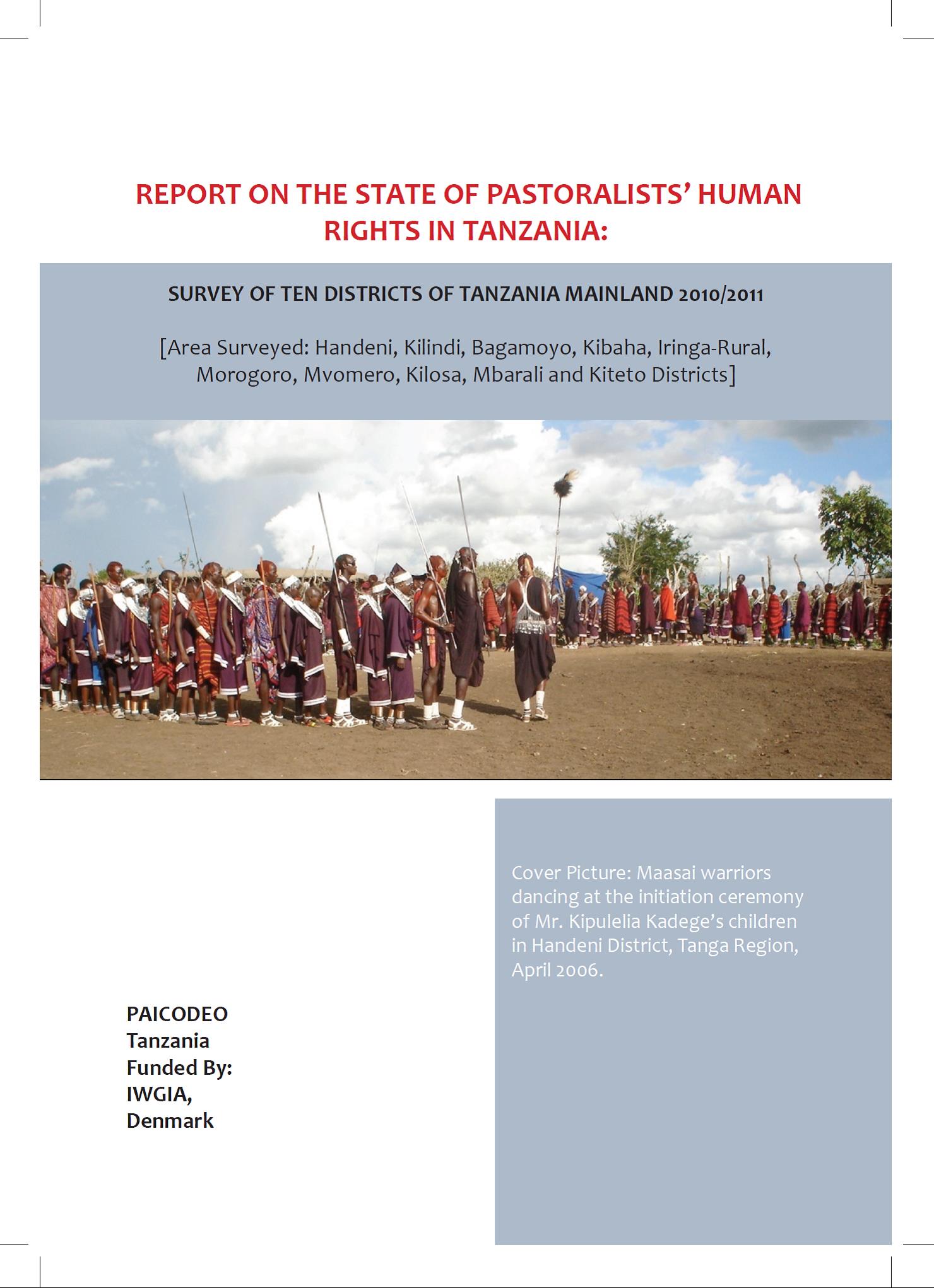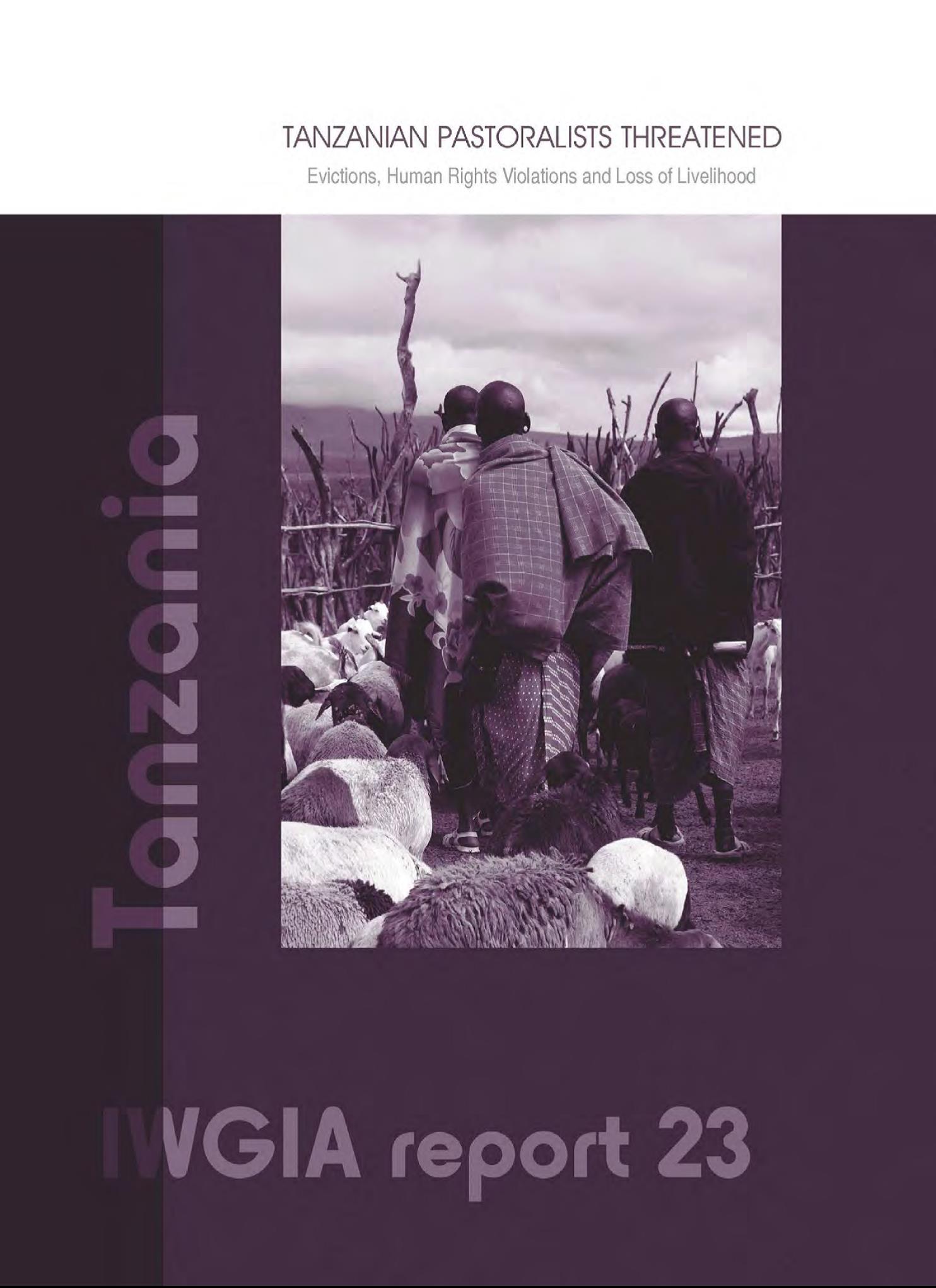Assessing Implementation of CAADP in Tanzania and Engagement of Smallholder Farmers
Specific objectives of the study included reviewing the state of implementation of CAADP in Tanzania in the context of on-going multiple development initiatives; identifying and analyse gaps on policies and frameworks related to CAADP implementation; making objective analysis of commitment of the Government of Tanzania to 2003 Maputo Declaration; and assessing engagement of small scale farmers in CAADP process in Tanzania

